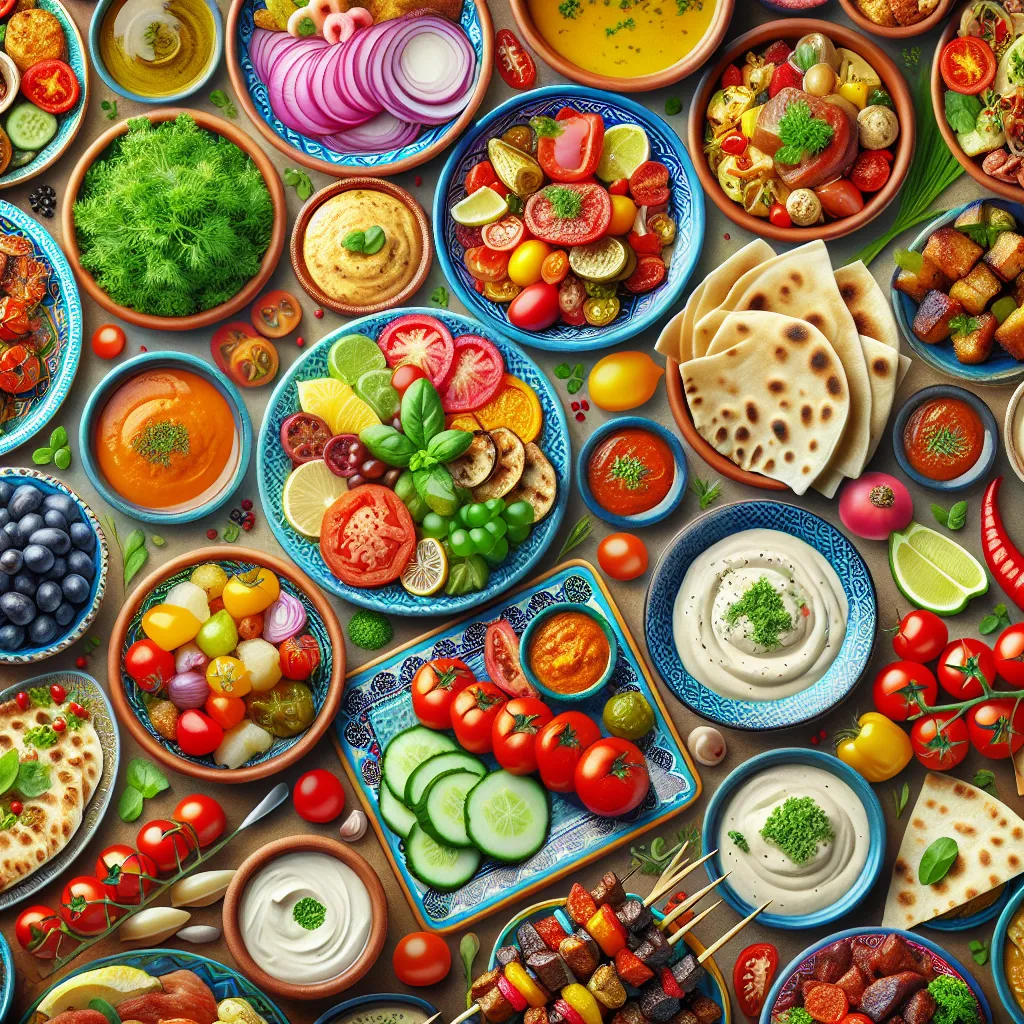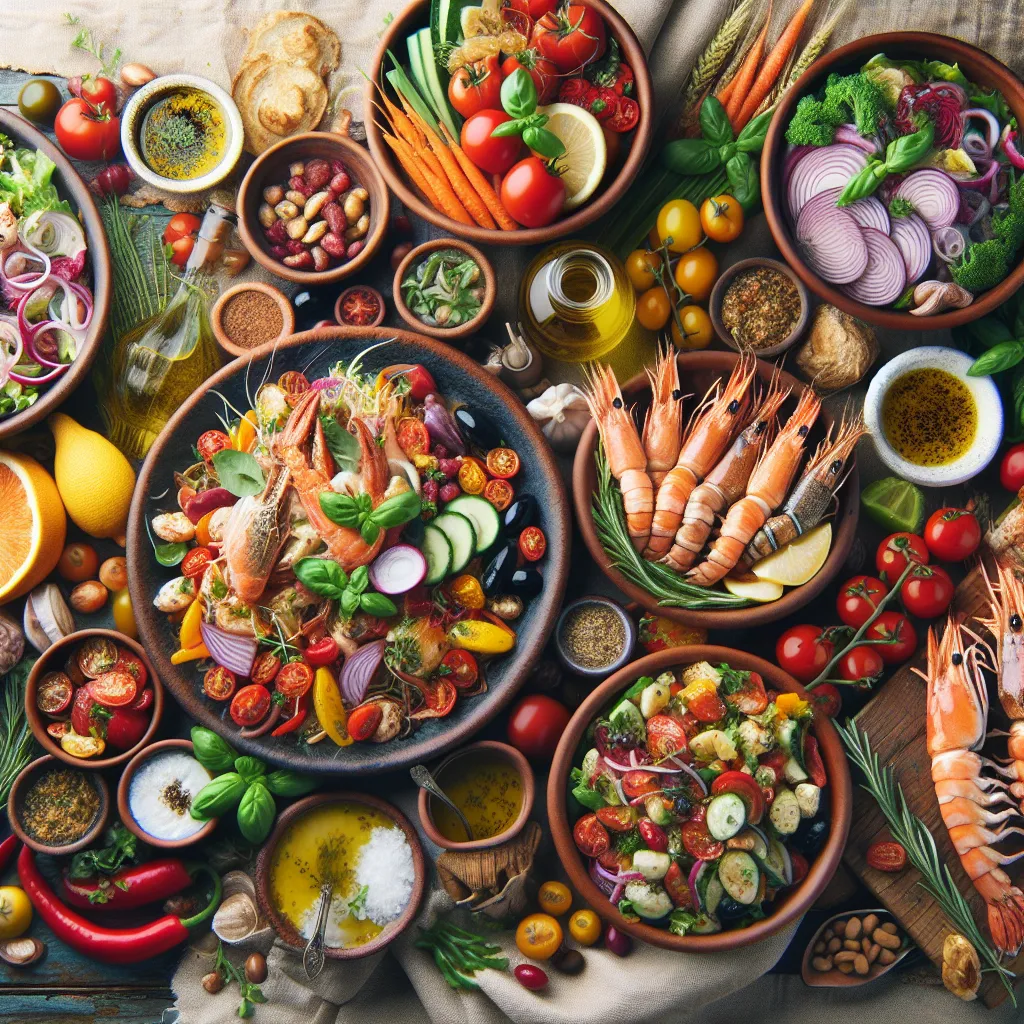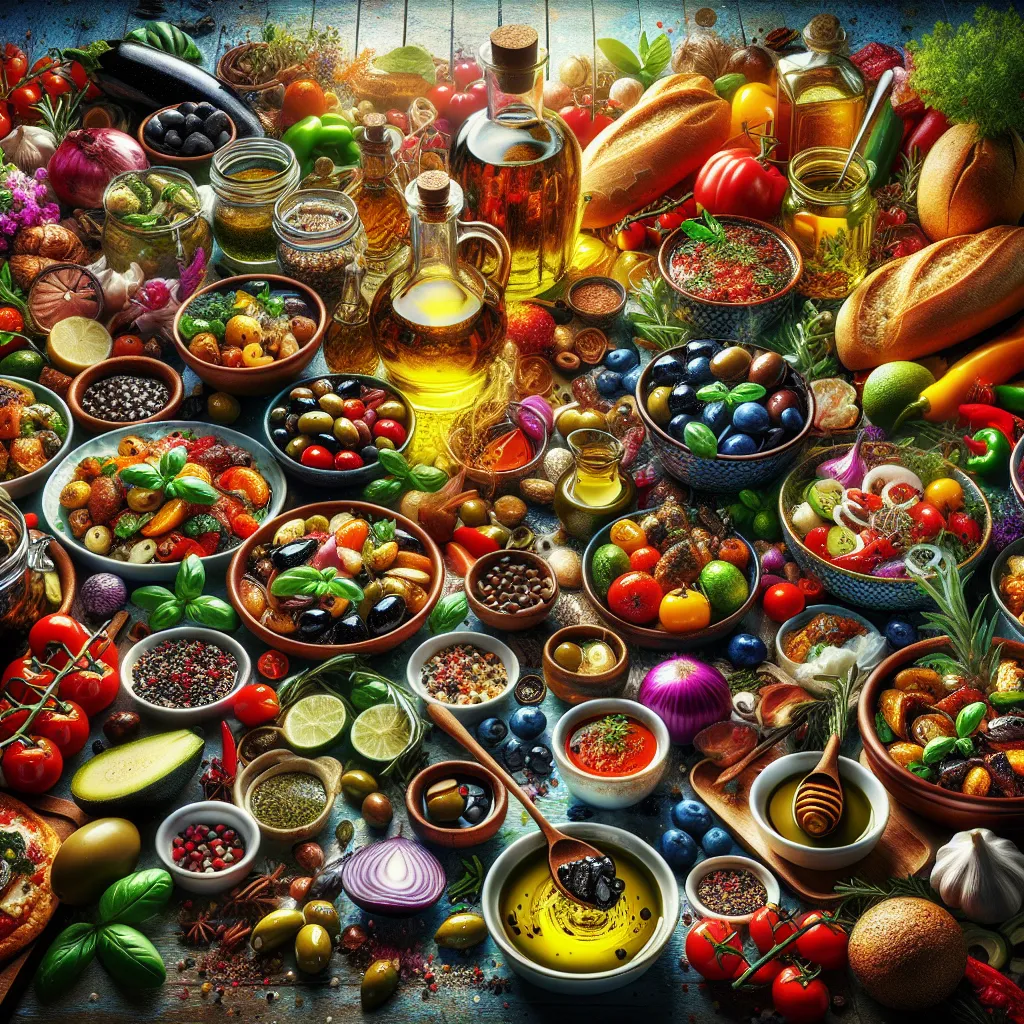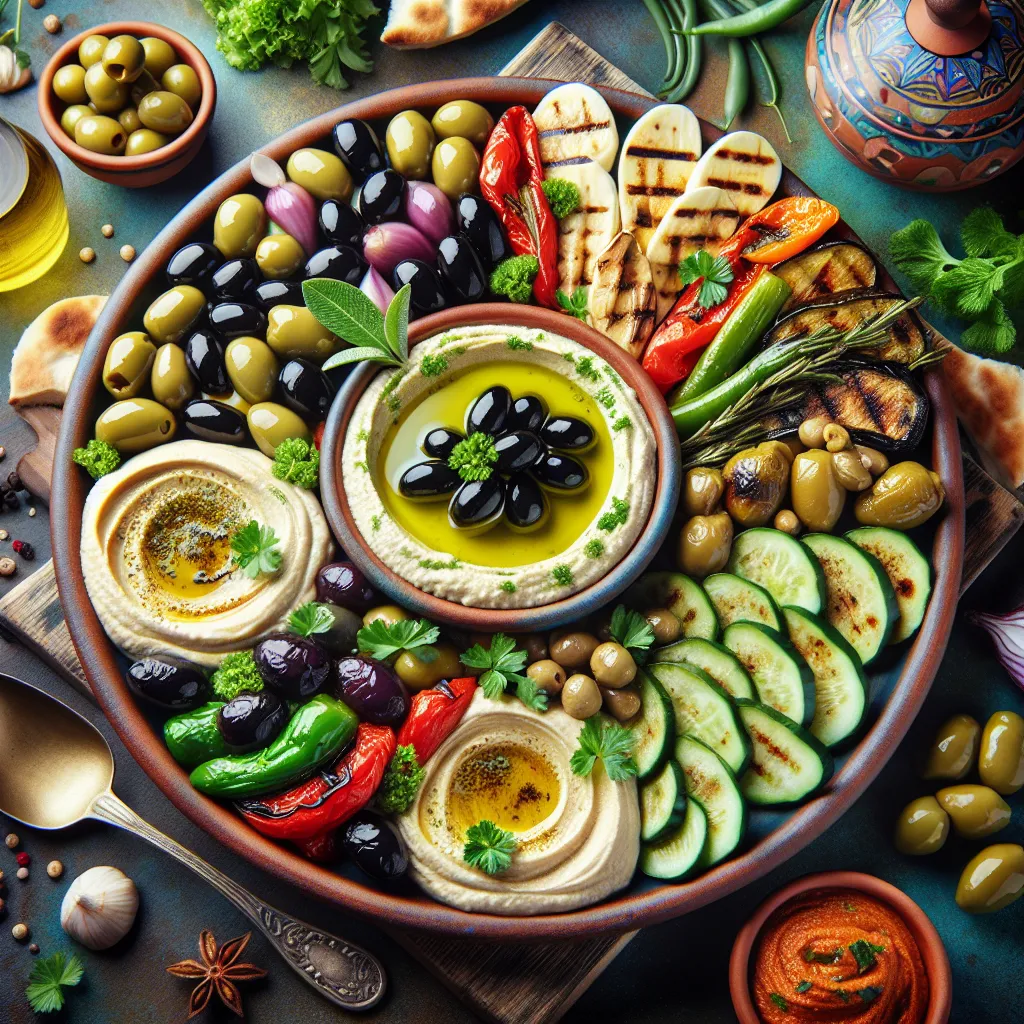Exploring the Delights of Mediterranean Cuisine
The article “Discovering the Rich Flavors of Mediterranean Dishes” presents a tantalizing journey through the vibrant and diverse culinary tradition of the Mediterranean region, showcasing its emphasis on fresh ingredients, bold flavors, and healthy cooking methods. From the abundant use of fresh herbs and spices to the centrality of seafood and the simplicity of authentic Mediterranean cooking, the article highlights the sensorial feast and cultural significance that make exploring Mediterranean cuisine a delightful adventure for the senses. Furthermore, it entices readers with the promise of unraveling the secrets of authentic Mediterranean cooking, emphasizing the simplicity, vibrant flavors, and cultural heritage that define this rich culinary tradition.





